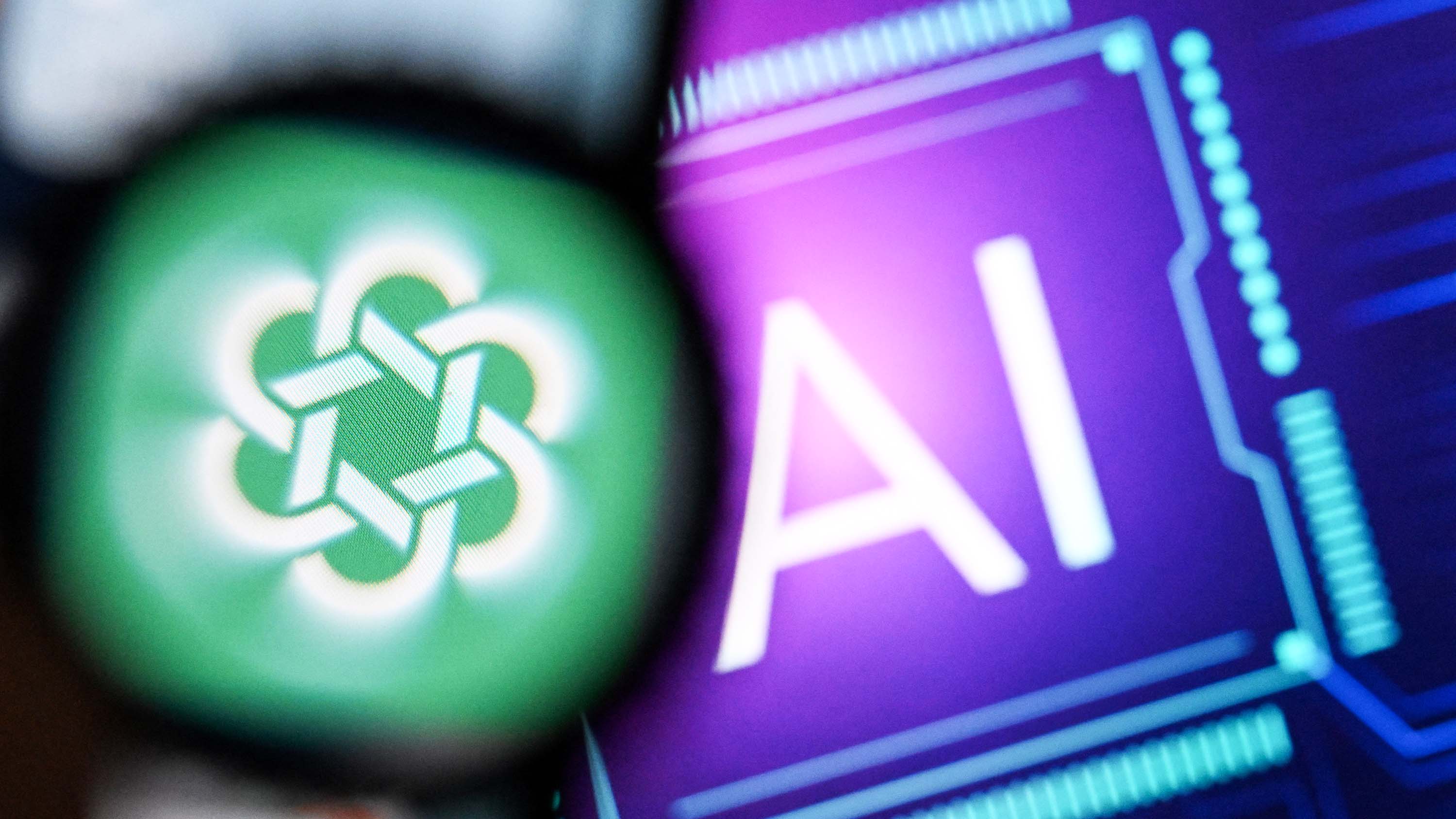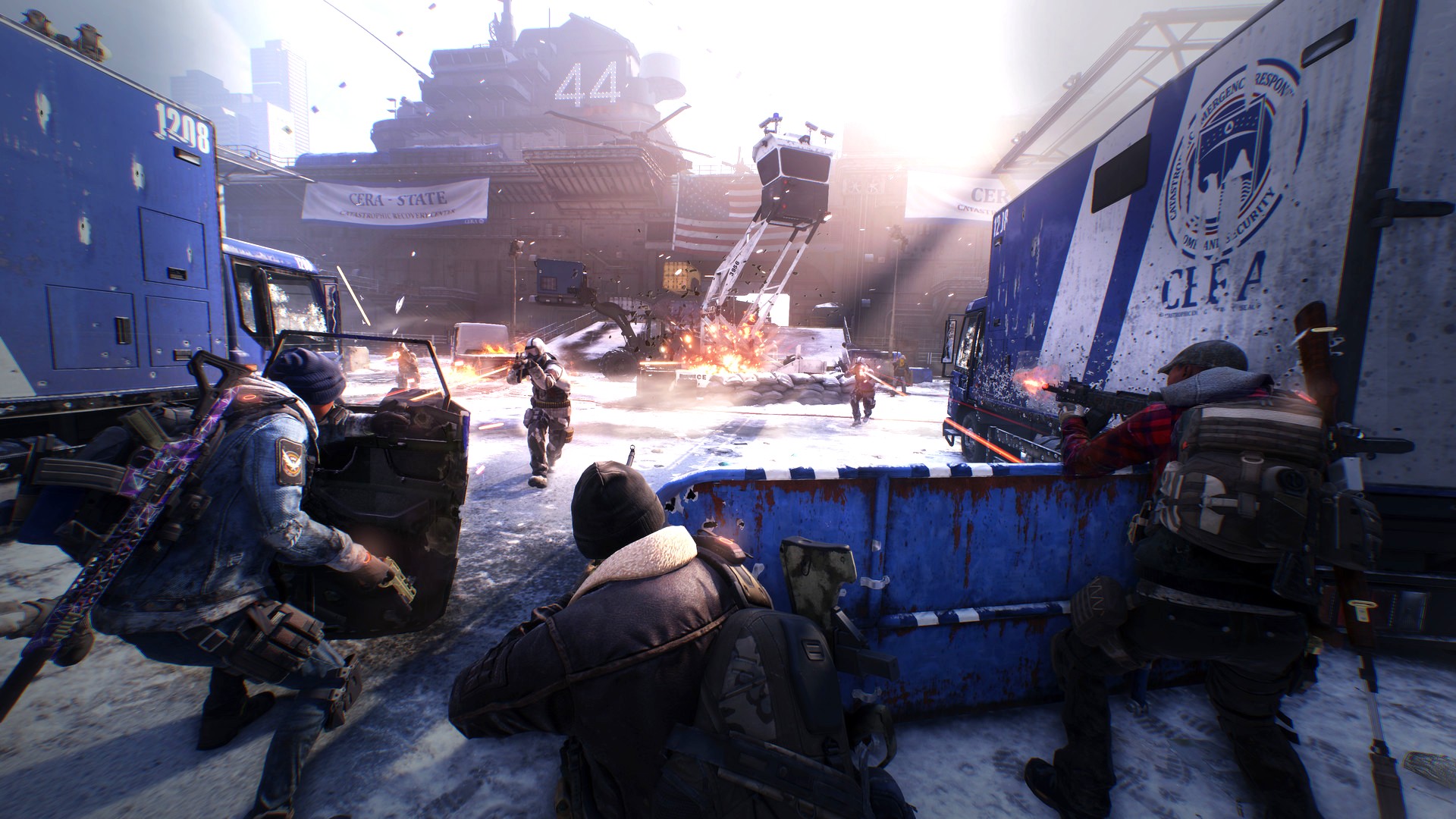Google CEO throws a lethal jab at Microsoft's AI efforts: "I would love to do a side-by-side comparison of our models. They're using someone else's models."
Google CEO Sundar Pichai admits AI progression and development will slow down in 2025, but the process will continue as labs seek reasoning breakthroughs.

Recent emerging reports indicate top AI labs, including OpenAI, Anthropic, and Google, are seemingly struggling to develop next-gen AI models due to a lack of high-quality content for training. Former Google CEO Eric Schmidt disputed the claims, indicating LLMs are scaling with unprecedented ability. "There's no evidence that the scaling laws have begun to stop," Schmidt added. "They will eventually stop, but we're not there yet."
OpenAI CEO Sam Altman reiterated Schmidt's sentiments via a cryptic message on X (formerly Twitter), indicating, "There's no wall." Now, Google CEO Sundar Pichai has joined the fold to dispute scaling law claims.
While speaking at the concluded The New York Times' Dealbook summit, the executive indicated:
"I think the progress is going to get harder when I look at '25. The low-hanging fruit is gone. The hill is steeper."
The executive made the statement while indicating that Google is gearing up to ship new advanced AI models. However, he indicated that he expects the rapid progression of AI development is likely to slow down going into 2025.
According to Business Insider, experts and company insiders claim top AI labs will face critical challenges when attempting to train next-gen AI models with high-quality content, as the process might have already hit a knowledge cap.
Interestingly, the experts indicated that the companies might resort to new approaches, which could be centered on the models' reasoning capabilities, ultimately emancipating them from the overdependency on high-quality content for training.
All the latest news, reviews, and guides for Windows and Xbox diehards.
"There's no wall," AI progression will just be slower
Google's CEO expressed a lot of confidence in the development and progression of generative AI going into 2025 though a tad slower. "I don't subscribe to the wall notion."
When you start out quickly scaling up, you can throw more compute and you can make a lot of progress, but you definitely are going to need deeper breakthroughs as we go to the next stage. So you can perceive it as there's a wall, or there's some small barriers.
Google CEO, Sundar Pichai
As highlighted by analysts and experts, Pichai echoes similar sentiments, indicating AI development will require breakthroughs in reasoning.
Earlier this year, Microsoft CEO Satya Nadella indicated that Google had all the potential and resources to become the leader in AI but failed. Andrew Ross Sorkin's mention of Nadella's sentiments during the interview seemingly triggered the Google CEO, prompting him to throw a lethal jab at Microsoft:
"I would love to do a side-by-side comparison of Microsoft's own models and our models any day, any time. They're using someone else's models."
The CEO was referring to Microsoft and OpenAI's multi-billion partnership, which grants the Redmond giant access to next-gen AI models while the latter gets access to computing power and funding.
More recently, a report suggests OpenAI wants to scrap the stringent clause that would void its partnership with Microsoft after hitting the coveted AGI moment. This could be the ChatGPT maker's bid to remain in bed with Microsoft for additional funding and investment beyond the AGI moment, predictably set to whoosh by 2025 with "surprisingly little" societal change.

Kevin Okemwa is a seasoned tech journalist based in Nairobi, Kenya with lots of experience covering the latest trends and developments in the industry at Windows Central. With a passion for innovation and a keen eye for detail, he has written for leading publications such as OnMSFT, MakeUseOf, and Windows Report, providing insightful analysis and breaking news on everything revolving around the Microsoft ecosystem. While AFK and not busy following the ever-emerging trends in tech, you can find him exploring the world or listening to music.

